The Roundup Top Ten for January 7, 2022
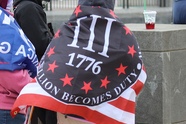
Militias Were Hiding in Plain Sight Before 1/6. They're Still a Threatby Kathleen BelewThe January 6 attack on the Capitol and the election results was not a one-off coup attempt; it was a recruitment event for the militant far right which increasingly threatens democracy. |
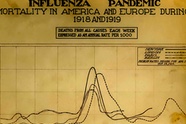
With Omicron, We Need to Understand the 1918 Flu Pandemic More than Everby Christopher McKnight Nichols"It may be that only now, in the winter of 2022, when Americans are exhausted with these mitigation methods, that a comparison to the 1918 pandemic is most apt." |
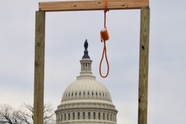
The Dangerous “Patriotism” of the January 6 Insurrectionby Ben RailtonThe participants in the attack on the Capitol a year ago reflected a "mythic patriotism" founded on the belief in an authentic, white, Christian nation under attack by enemies dangerous enough to justify any measures in opposition. |
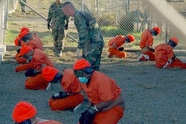
The US Has Long Exploited the Legally Ambiguous Status of Guantanamo Bayby Jana LipmanThe use of the naval base at Guantanamo bay for the detention of both suspected terrorists and refugees and migrants reflects the place's status as outside both Cuban and U.S. law. Since the end of the Spanish-American war, Cuban workers have understood the threat of abuse this status enables. |
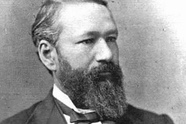
Homer Plessy's Posthumous Pardon Finally Recognizes His Heroismby Keisha N. Blain"The decision to pardon Plessy and finally clear his record are the culmination of efforts by Keith Plessy, the great-great-grandson of Homer Plessy’s cousin, and Phoebe Ferguson, the great-great-granddaughter of John H. Ferguson, the Louisiana judge who upheld the state's Separate Car Act." |
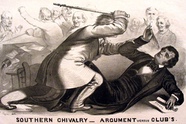
How Twitter Explains the Civil War (and Vice Versa)by Ariel RonViolence in the Capitol a year ago called to mind events like Preston Brooks's brutal caning of Charles Sumner. But a closer look shows that, like today, antebellum politics were disrupted and made volatile by revolutions in communciation technology. |
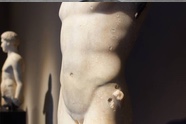
New Boston MFA Exhibit Shows Museum's Complex History of Censoring Queer Desireby Erin L. Thompson"When I first visited Boston’s Museum of Fine Arts, as a young and deeply closeted queer college student, I found myself wondering if the museum possessed ancient Greek vases decorated with anything other than sex scenes." |
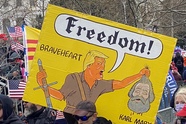
Braveheart: President Donald J. Trumpby Kristin Kobes Du MezFollowing the threads of religion and nationalism that form the unlikely comparison between Trump and Mel Gibson's (heavily mythologized) Scottish movie hero. |
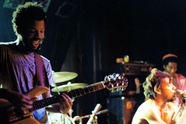
The DC Punk Scene Relied on the Local Latinx Communityby Mike Amezcua"A big piece is missing from the stories told about punk and hardcore in the 1980s: Primarily, that marginalized spaces and communities in urban America gave a stage to the predominantly white subculture." |
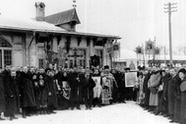
The Truth About Prohibitionby Mark Lawrence SchradAmerican historians have often identified Prohibition with a coalition of social reformers, nativists and religious fundamentalists. Looking at the international temperance and prohibition movement tells a different story of a fight against exploitation of workers and minority groups through addiction. |